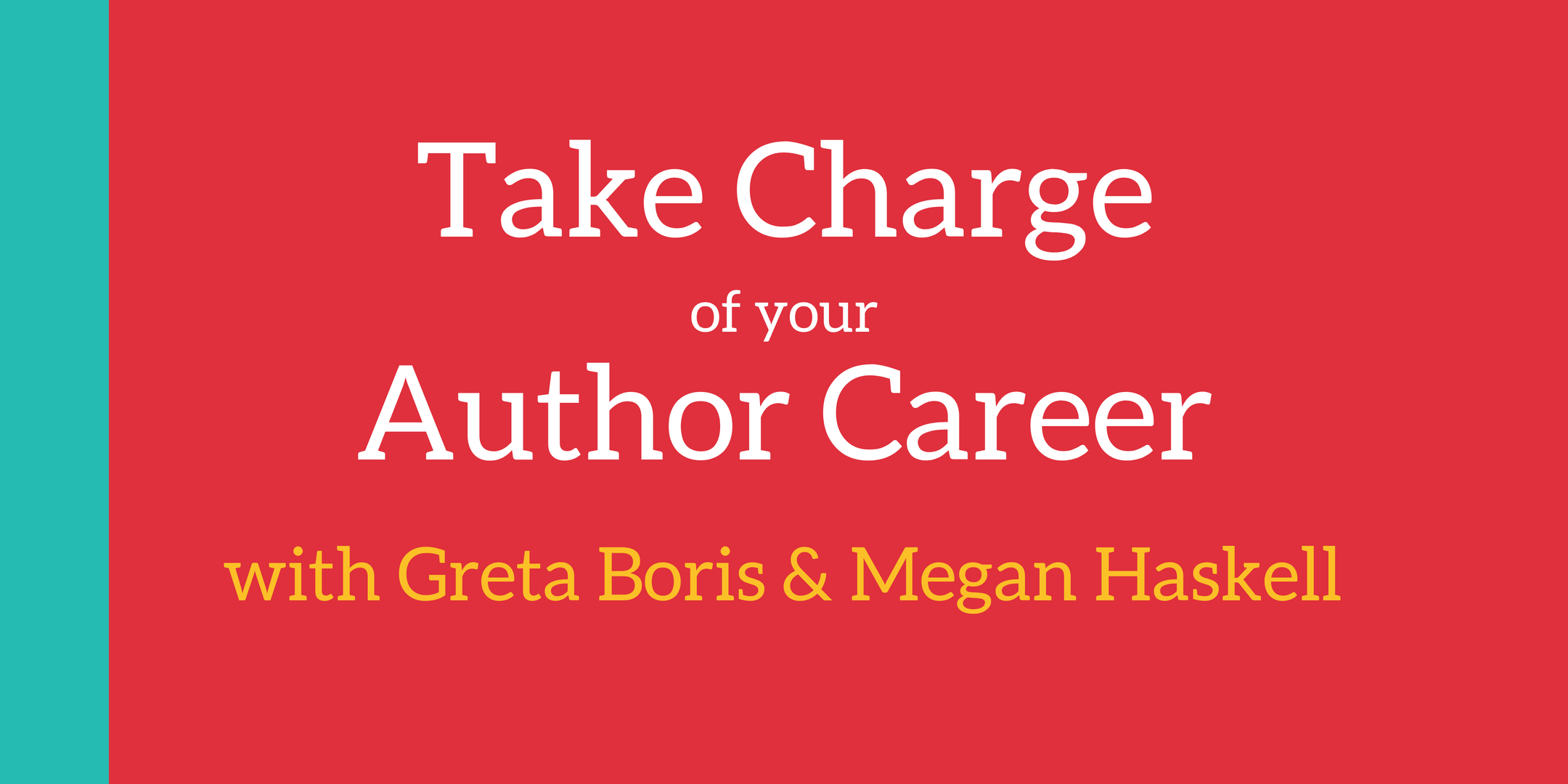by Greta Boris
As promised I’m keeping you informed on my personal newsletter plans. Last month I addressed the issue of audio books. I didn’t hear anything from readers on the topic, but my open rate was about the same as usual.
This month I decided to write about what I write about. I’m told that’s what readers—-people who’ve given you that most precious commodiy, their email address—-want to know.
Here’s what I wrote:
Sometimes I feel like I have to justify writing crime fiction.
I’m a nice person, generally upbeat and positive. Most of the crime and horror writers I know are. This surprises folks,
People often ask me, with concerned looks on their faces, how I came up with my bad guys and girls. Once after I read a scene from a criminal’s perspective aloud, a woman said in a horrified voice, “Who are you?”
They wonder if I’m channeling my own inner demons onto the page. If I would like to plunge in the knife, or feed them poison.
The truth is, I’m fascinated by crime for the same reasons half the country is. My lizard brain feels the fear and wants to protect me. According to Lisa Cron, author and story consultant, we’re hard-wired for story. It’s the way we learn about the world around us. You can watch her TEDTalk here.
I’m going to make a bold statement: I think the gravitational pull toward crime stories is not only healthy, it can make you more joyful. Here’s why.
Three reasons crime stories are good for you:
1. You can learn vicariously.
Bad stuff happens. We hear horror stories every time we open our browsers or turn on the TV. Those who live to tell their tales have important information to share. If we learn how they survived, maybe we will too. The Podcast and TV series Dirty John, a true crime story, is an incredible example of how a vicarious lesson paid off. I won’t tell you what happens because I don’t want to spoil it.
2 . You better understand criminals.
Know your enemy. What makes people do horrible things? You probably guessed this question is a big draw for me since I write psychological suspense. If I understand the criminal mind perhaps I can raise a better child, be a better person, pick up the red flags when I’m around someone dangerous.
One of the characters that became more and more real as I wrote him is the killer in A Margin of Lust. He seems so cocky, so sure of himself, so superior in the beginning, but as the story progresses the cracks and insecurities appear. In one scene, he’s touring a house with a realtor. His reaction to her says a lot about him:
She was another gorgon.
Another grasping chit.
Not even the abundance of makeup she wore could conceal her lust for status, her need for significance. The listing was just what you’d expect her to represent. Ostentation was carved into the little-boy-peeing fountain in the front yard and the ivy scroll work on the huge front doors. The word echoed through all the empty, cavernous rooms and swam in the infinity pool in the backyard. I hated it almost as much as I hated her.
3. You get a serotonin hit from a happy ending.
Recently I had a conversation with someone who’d read one of my books. She said she loved the end, but didn’t like the tension and angst that led up to it. My comment was: You wouldn’t have loved the end if there hadn’t been tension and angst leading up to it.
My husband and I used to watch the show I Shouldn’t be Alive. Each episode enacts a true survival story. When the helicopter thumped into sight, or the rescue snow mobiles traversed the frozen fields, it brought tears to my eyes. The word used by the survivors to express that moment was always joy.
Happy endings are only impactful if the reader experiences the characters’ pain first. If there’s no fight, no struggle, no danger, a happy ending is like eating icing without the cake. The more intense the situation, the more joy at the end.
I’m sure there are many more reasons crime stories are good for you. Can you think of one I missed? Please share below or on Facebook. We need to defend ourselves from the lollipop, butterfly and puppy dog crowd!

Greta Boris is the author of A Margin of Lust, The Scent of Wrath, and The Sanctity of Sloth, the first three books in her 7 Deadly Sins domestic suspense series. Her nonfiction work includes the Amazon Bestseller The Wine and Chocolate Workout – Sip, Savor, and Strengthen for a Healthier Life and PUBLISH: Take Charge of Your Author Career. She’s also the Director of O.C. Writers, a community of over 1,000 published and aspiring authors in Orange County, California.
You can visit her at http://gretaboris.com. She describes her work (and her life) as an O.C. housewife meets Dante’s Inferno.


Thanks for including the TED talk. Liked it a lot.
You’re welcome, George. Lisa Cron is terrific!
Hi Greta,
Looking forward to your presentation at the California Writers Club in April. Many more will be exposed to your writing and good ideas.
Can’t wait to meet the group, Jeanette!